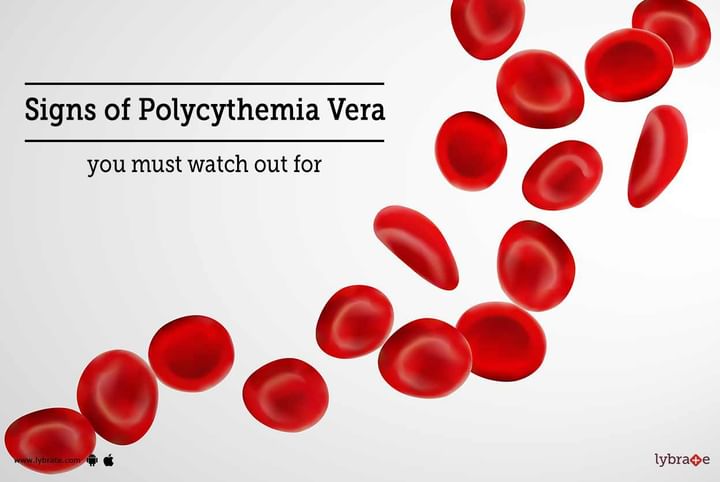Signs of Polycythemia Vera you must watch out for
Polycythemia vera is a rare form of blood cancer, where the bone marrow produces too many red blood cells. These are the cells, which carry oxygen throughout the body. Too many red blood cells can make your blood thick and cause it to flow slowly. Over time, the red blood cells may clump together to form blood clots.
Polycythemia vera belongs to a group of cancer, called myeloproliferative neoplasms. It occurs when a genetic mutation causes a problem with the production of the red blood cells.
This type of cancer develops so slowly that you might not even know of having it for years. It is detected only during a blood test done for some other condition. In the long run, Polycythemia vera can lead to scarring of the bone marrow or other types of blood cancer, such as leukaemia.
What are the signs to watch out for?
Polycythemia vera may not exhibit prominent symptoms for many years. Even if symptoms do appear, they may be mild and vague. However, identifying the signs and symptoms of Polycythemia vera may help diagnose the condition and seek appropriate treatment early. You should keep an eye out for the following symptoms –
- Itching
- Fatigue
- Trouble breathing, especially when lying on the back
- Difficulty concentrating
- Unintentional weight loss
- Abdominal pain
- Loss of appetite
- Double vision/blurred vision
- Weakness
- Dizziness
- Easy bruising or bleeding
- Heavy sweating
The symptoms become more aggressive and serious as cancer progresses, thickening your blood with red blood cells. You are likely to observe symptoms, such as –
- Swollen joints
- Pain in the bones
- A tint of red on the face
- Profuse bleeding from minor cuts
- A burning sensation in the feet and hands
- Bleeding gums
Most of these symptoms can be caused by other conditions. Therefore, it is imperative that you consult a specialist and undergo proper diagnosis. Your doctor can tell you more about the symptoms of Polycythemia vera and recommend the appropriate treatment for the same after running a few tests.
Polycythemia vera can prove to be fatal if left undiagnosed and untreated. Eventually, the condition may put you at risk of developing more serious forms of blood cancer, such as acute leukaemia and myelofibrosis. Therefore, keep an eye out for the symptoms and seek medical intervention at the earliest.


+1.svg)
